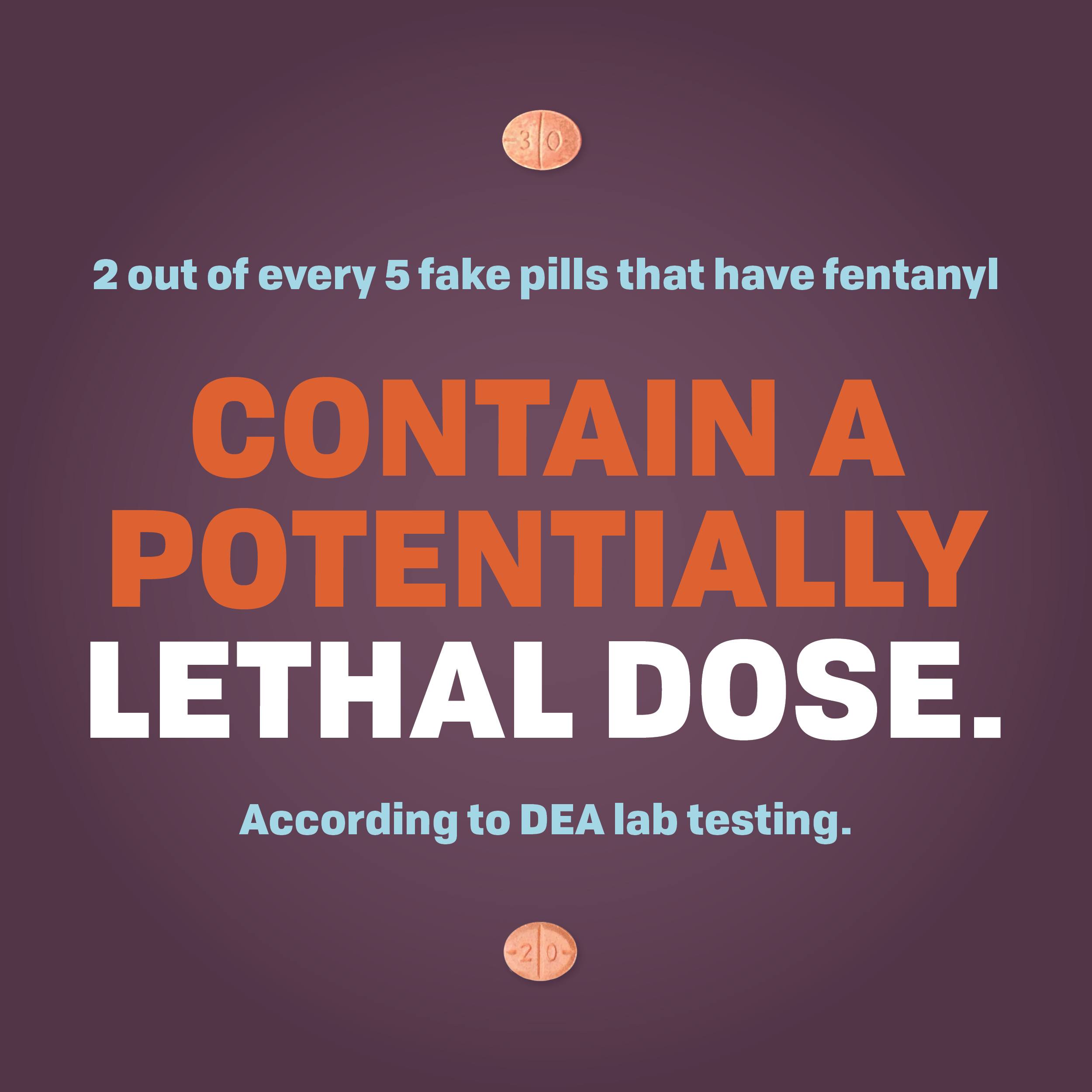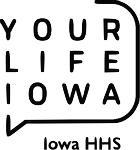Published June 1, 2022
Would you share your contact lenses or dentures with someone else? Of course not! They are custom-made for you, and you’re one of a kind. The same holds true for your prescription drugs.
Using someone else’s prescriptions or giving medication that was prescribed for you to another person is not only dangerous, it's also a crime in Iowa.

What’s the Big Deal?
Your medication is prescribed by a doctor based on factors such as your age, weight, medical history, and condition. The formula, dose, and frequency of your prescription is individualized to your unique body chemistry and needs, and your medication is delivered in the safest environment possible.
How It Starts
Medication misuse can start with something as simple as a loved one saying they have an ache, and you offer one of your prescribed painkillers to help them until they can see a doctor. It’s a teen grabbing a few capsules from your bathroom out of curiosity or peer pressure. It’s a friend offering one of their prescription pills to help you get some much-needed sleep.
Most of those who misuse prescriptions report they receive drugs from a friend, relative, or healthcare provider (75%) according to the National Center for Drug Abuse Statistics, with 36.7% of people stating they improperly use their own prescriptions.
Sharing or using another’s prescription drugs may feel simple and harmless at the time, but could result in serious short and/or long-term consequences.
What Happens Next
Taking medication that is not prescribed to you by a licensed medical professional and dispensed by a legitimate pharmacy puts you at risk for overdose, increased illness, seizures, heart palpitations, allergic reactions, organ damage, stroke, coma, and other serious medical issues.
In the United States, 16.3 million people misuse prescriptions each year. Of those, nearly 12% develop a dependency.
How Do I Protect My Prescriptions and Medication?
A common misconception is that prescription drugs are safer or less harmful than other kinds of drugs. Both prescribed and over-the-counter medications pose short and long-term health risks, making it important to put protections in place in your home.
- Keep an inventory of all your medications.
- Lock your prescriptions away in a drug safe. Don’t leave them in a medicine cabinet.
- Remove the label from the prescription bottle before disposing, or take the bottles and unused medication to a law enforcement drug takeback location in your Iowa community.
Help Starts Here
If you are struggling with this health issue or suspect someone you love is struggling, we’re here for you to answer questions, listen, and give guidance on how to handle difficult conversations. We’re here for a live chat right now, or you can text us at (855) 895-8398 or call (855) 581-8111. You are not alone in this.
